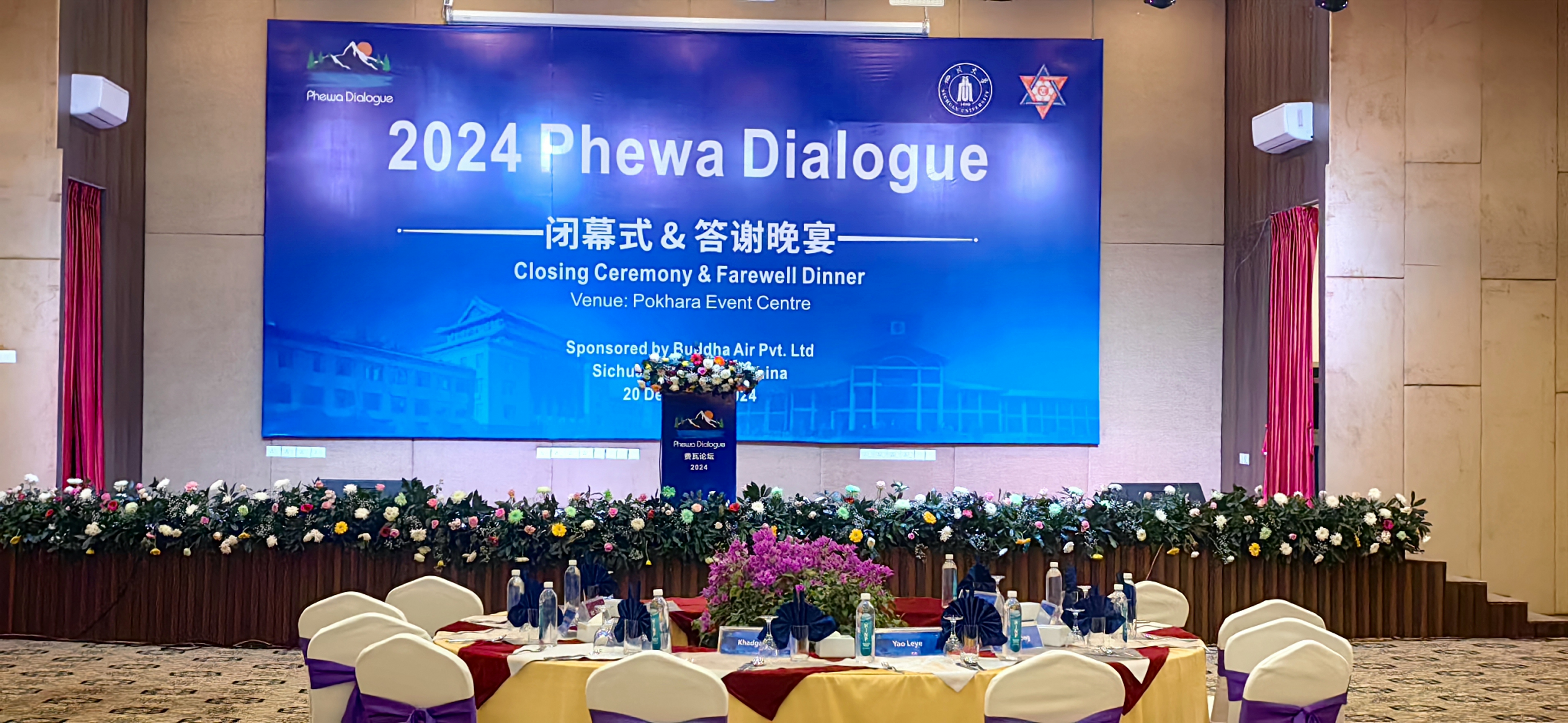
Pokhara, December 22: The much-anticipated second and final day of the "Fewa Dialogue 2024" concluded in Pokhara with vibrant discussions and high expectations. Jointly organized by Tribhuvan University and Sichuan University, the event featured debates and dialogues on economic, social, and other diverse topics.
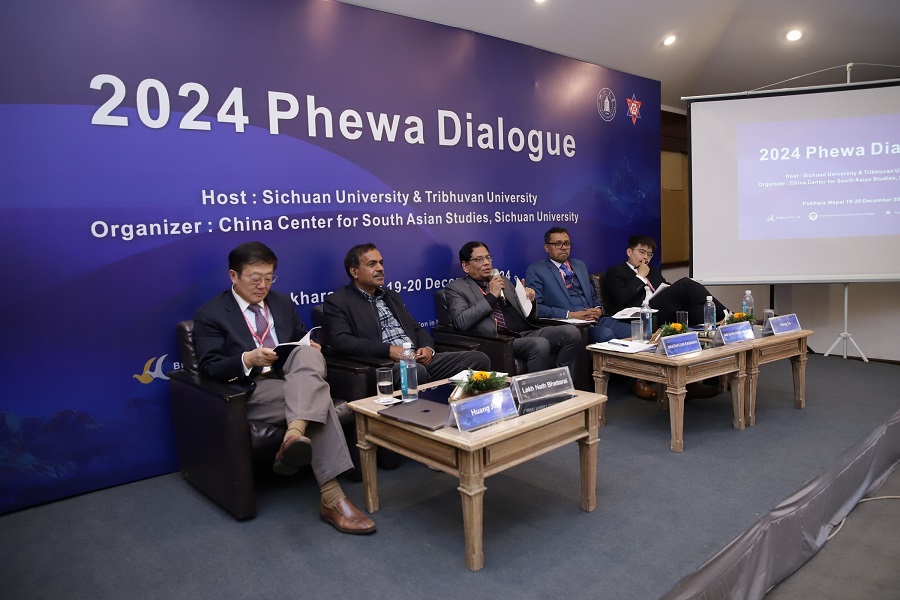
On the second day, scholars from various countries shared their insights and expertise through multiple sessions. A key discussion centered on "Green Development and Digital Economy in South Asia," featuring distinguished speakers such as Professor Su Xiu Chun from the National Academy of Chinese Modernization, Chinese Academy of Social Sciences, and Professor Varaprasad S. Dolla from JNU's Center for East Asian Studies.
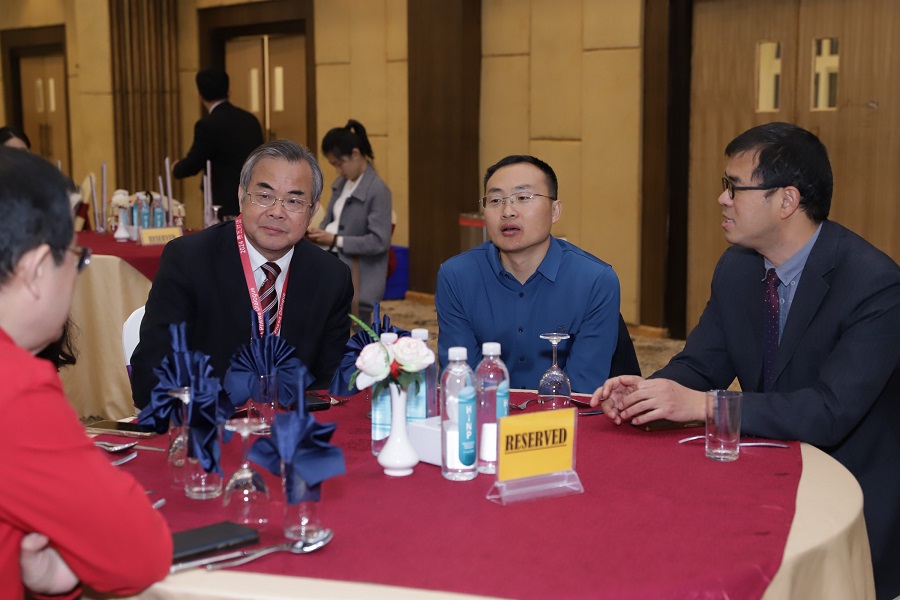
Another major session focused on lessons from East and Southeast Asian nations in integrated development. Participants emphasized how Nepal and other South Asian countries could learn from ASEAN and its member nations to chart their paths toward economic prosperity. This session included contributions from Professor Huang Qing of Shanghai International Studies University, former Nepalese ministers Dr. Prakash Sharan Mahat and Kamal Thapa, among others.

Discussions also explored how Nepal and South Asian nations could leverage their strategic positions to make an impact on the global economic stage. Scholars deliberated on development models influenced by integrated systems and their potential benefits and drawbacks.
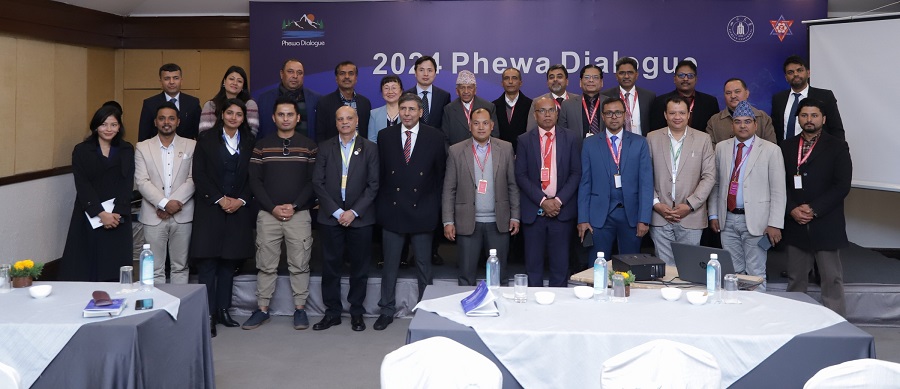
In a session featuring former Nepalese Ambassador to China Leelamani Paudyal and Gao Liang, Deputy Director of the Nepal Study Center at Sichuan University, discussions highlighted the global economic shifts and their impacts on Nepal. They also addressed Nepal's missed opportunities despite its position between two major economies.
The event provided Nepal with significant learning opportunities and bolstered hopes of establishing Pokhara as a hub for economic dialogue in the coming years. Delegates from several developed and developing nations presented economic models from their countries and debated their applicability in Nepal, envisioning new pathways for economic growth.
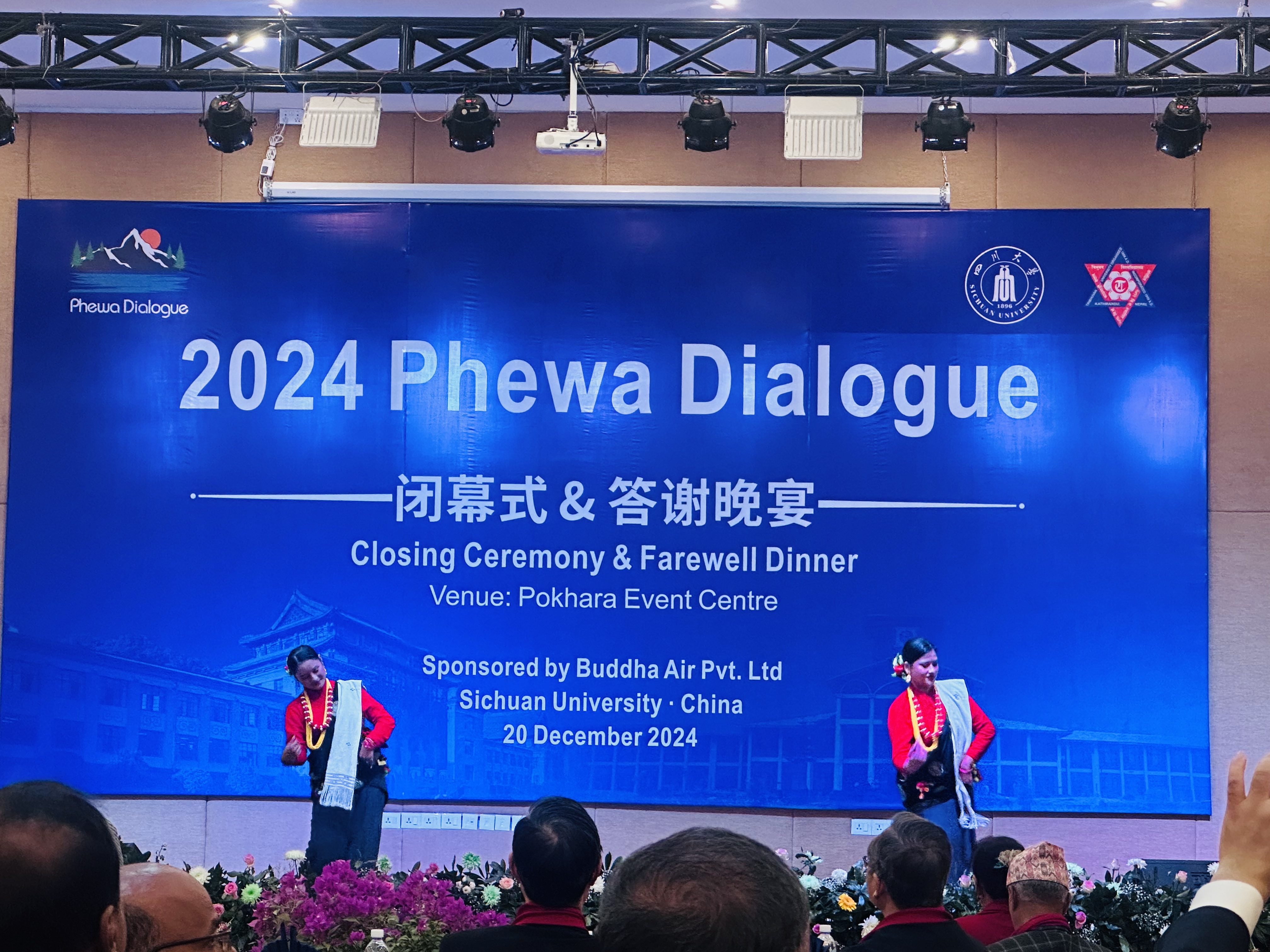
The dialogue concluded with a gala dinner, leaving a lasting positive impression on Nepal's social, economic, and educational sectors. Organizers expressed confidence in the event's potential to bring transformative ideas to the region while fostering international collaboration.







